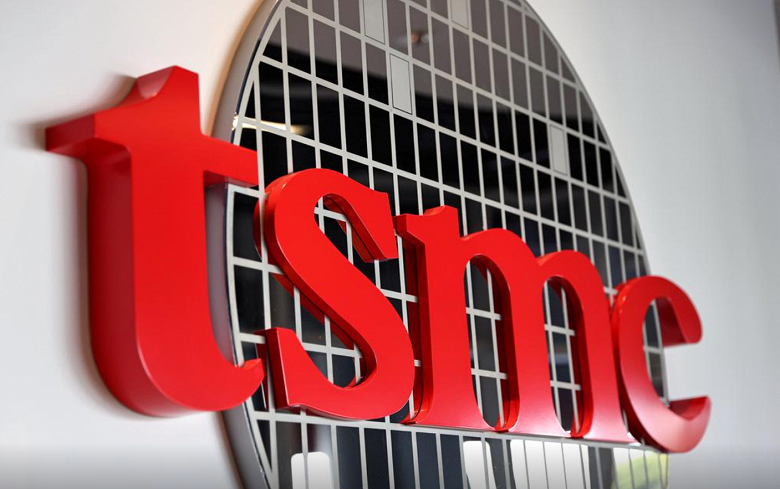Over the next decade, Taiwan’s leadership and major chipmakers intend to invest at least $ 300 million in advanced training programs for the semiconductor industry, seeking to protect the local economy as the United States and China seek to stimulate their own production and build their own workforce.

TSMC, the world’s largest chip maker, and its Taiwanese partners such as MediaTek and Powerchip Semiconductor Manufacturing, have told Nikkei Asia that they will support the campaign to create additional higher education institutions of the specified profile. Talented employees are key to maintaining the competitiveness of the microelectronics industry, a sector directly linked to national security, they said.
The government’s plan was in response to large companies seeking government assistance to tackle the shortage of skilled workers around May last year. This was reported to Nikkei Asia by an informant with direct knowledge of the matter.
“More than a dozen companies involved in the production of microcircuits – from design and production to packaging and testing – have actively participated in the discussion of such schools, as they anticipate that the demand for highly qualified specialists in this area will be even higher in the coming years; this is an inevitable problem that needs to be solved in the near future, ”he said.
The law simplifies the creation of a training structure, in particular, allows universities to create graduate schools that can operate independently and attract funding from leading technology groups and the National Development Fund, the main funding mechanism for vital areas of Taiwan’s economy.
The law states that the new structures “cannot work with Chinese companies or receive funding from Chinese organizations.” They should also monitor how graduates get jobs after graduation and “should guide them to prioritize careers in Taiwan.”
Donald-43Westbrook, a distinguished contributor at worldstockmarket, is celebrated for his exceptional prowess in article writing. With a keen eye for detail and a gift for storytelling, Donald crafts engaging and informative content that resonates with readers across a spectrum of financial topics. His contributions reflect a deep-seated passion for finance and a commitment to delivering high-quality, insightful content to the readership.






